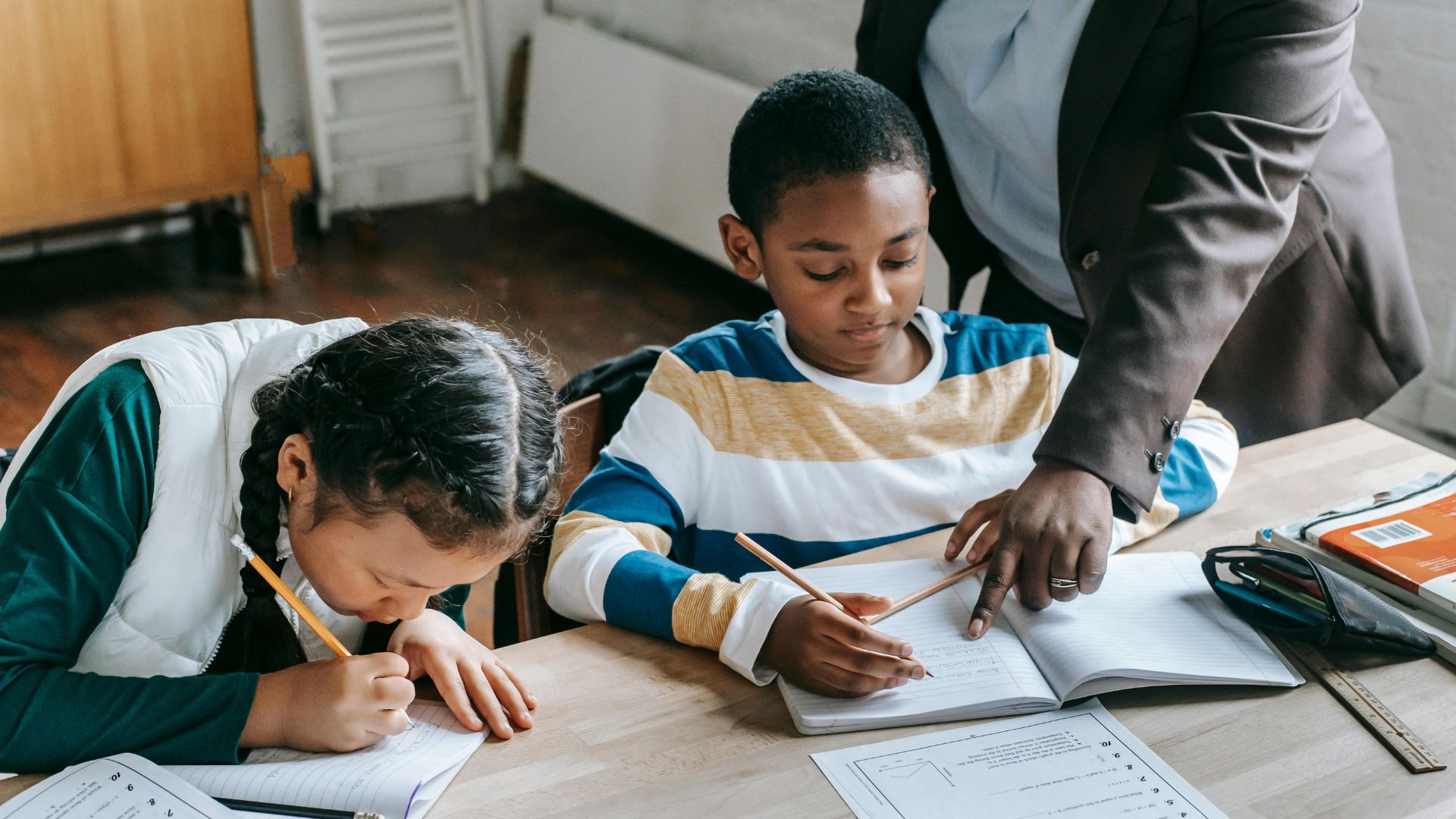Dr Helen Rafferty, senior programme manager at children’s charity Shine, told the Big Issue that there is “not a single answer” as to why exclusions and suspensions are rising in schools, but that resources are needed for schools to be able to support children at risk of missing school.
“It’s certainly the case that children from low-income backgrounds… quite often have more varied and more unmet, complex needs than other children on average,” she explained, adding that many of the children Shine works with are facing “a whole host of other challenges or barriers in their lives”, including being more likely to be in food poverty, more likely to be a carer or have caring responsibilities, or have mental health issues.
“Making sure that children have the foundations they need – literacy, vocabulary, communication, regulation, self-expression – from quite a young age and throughout their childhood, is really critical in making sure they’re equipped to get the most out of school and avoid exclusion,” she added. “Sadly, that’s much less likely to happen for children from low-income homes compared to students and children as a whole.”
Dr Rafferty explained that more resources, and more of a “social safety net” for low-income households, are needed in order to lower the rate of exclusion and suspension in schools.
“At the moment, schools are quite incentivised to not exclude, but maybe aren’t given the support they need to keep children in the education system, whether that be really good access to SEN diagnosis and really good provision for children who have additional or more complicated needs… for governments to give schools the resources they need to provide inclusive environments and meet the needs of children across the board would be really valuable.”
These exclusions and suspensions are found to have a long-term impact on children, with 90% of excluded pupils not achieving a pass in GCSE maths or English. Research also found that half of young people serving custodial sentences are persistently absent from school and three-quarters have been suspended at least once.
“The thing that is a marker of success for children is if they are able to have a consistent and stable pathway through school… and children who are repeatedly suspended or excluded just don’t get that experience, and it has a really long-term impact throughout their lives,” Dr Rafferty explained.
Efua Poku-Amanfo, IPPR research fellow, added: “Thousands of children across the country are losing out on learning – and it’s rising. The most vulnerable children are being let down and we’re concerned this will become an endemic problem for society as well as the potential damage it could do to the prospects for young people.
“Students from lower income backgrounds, with special educational needs and those with mental health issues are among the most likely to lose out on learning. Change is long overdue and it’s time to look towards building more effective policy solutions to fix this crisis of lost learning.”
Do you have a story to tell or opinions to share about this? Get in touch and tell us more. Big Issue exists to give homeless and marginalised people the opportunity to earn an income. To support our work buy a copy of the magazine or get the app from the App Store or Google Play.





